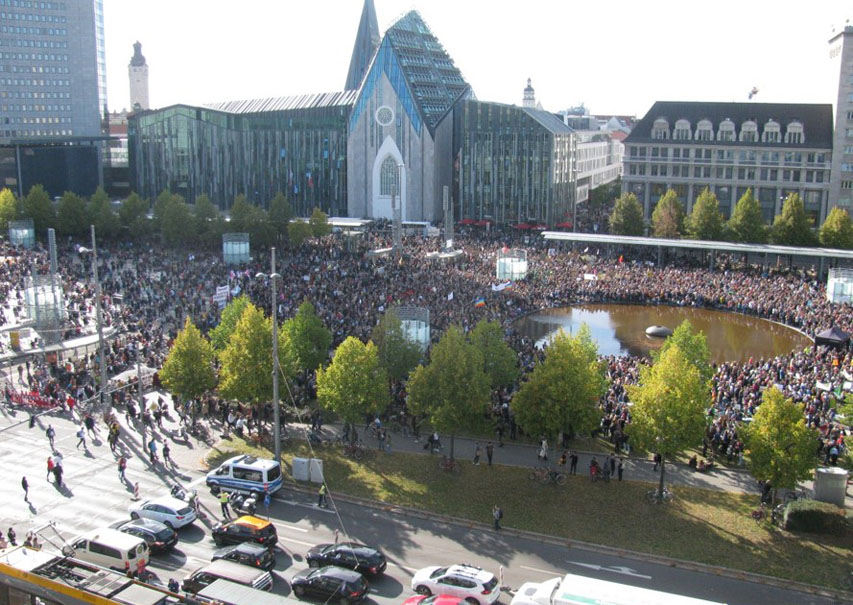Focus 1
The role of conflict and crisis in shaping and managing urban transformation and resilience

The transformation of cities into climate-neutral, socially acceptable and liveable cities and their robustness and adaptability, i.e. resilience to crises, extreme events and external shocks, is the key challenge of the present and the future. Despite a broad political consensus and numerous programmes, initiatives and measures, little progress has been made. This is where the project comes in: it is based on the observation that conflicts and crises have a massive impact on these transformations and their chances of realisation; at the same time, current transformation processes and the response of parts of urban society to them are characterised by contradictions and paradoxes.
Tasks
Our tasks comprise:
- discussing and clarifying basic terms and relevant concepts (e.g. conflicts, crises, trade-offs, dilemmas, paradoxes, shocks, etc.) related to sustainable and resilient urban development;
- analysing conflicts, effects of crises and related paradoxes and contradictions as a contribution to better research and deeper explanation of urban transformations towards more urban sustainability and resilience;
- contributing to the further conceptual development of urban sustainability, transformation and resilience concepts;
- developing knowledge for action and solutions for urban policy and practice and discussing these with decision-makers, stakeholders and (organised) civil society.
Projects
Projects we are currently leading, participating in, and building upon include:
- ESD Competence Centre for Process Support and Process Evaluation (BiNaKom)
- Leipzige Superblocks: „Neue Nähen“ (and follow-up)
- RESI-vhw − Resilience in communal practice
- REFRAME: Reframing Arrival: Transnational perspectives on perceptions, governance and forced migrants' practices from 2015/16 - 2022/23
- UT-UBGI: Urban Transformations towards Blue-Green Infrastructures
Contact
Dr. Annegret Haase and Prof. Dieter Rink, Department of Urban and Environmental Sociology
